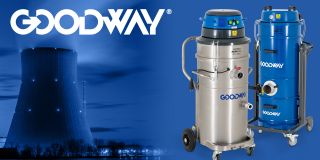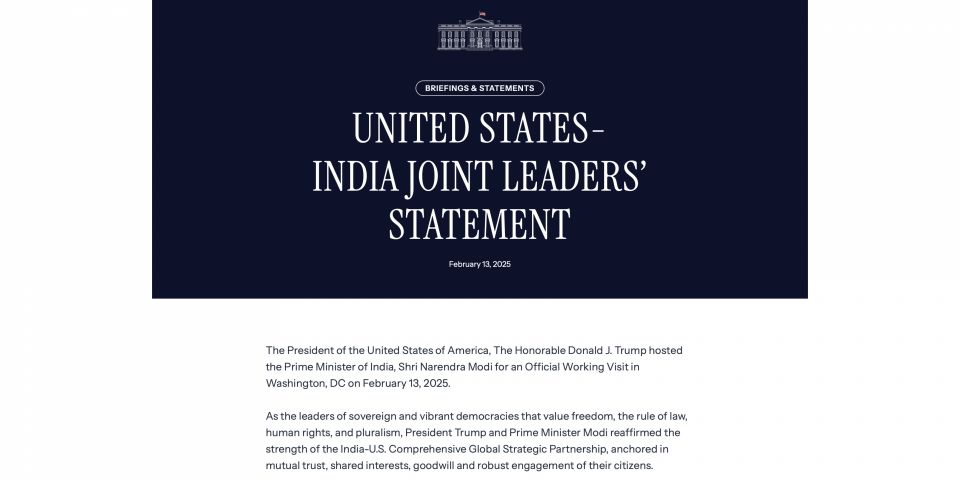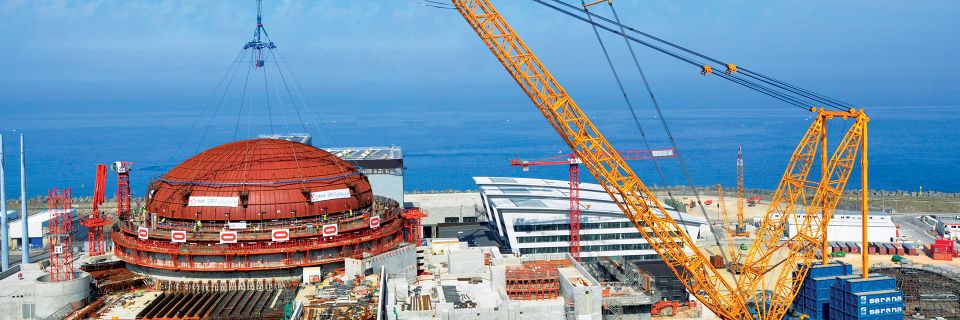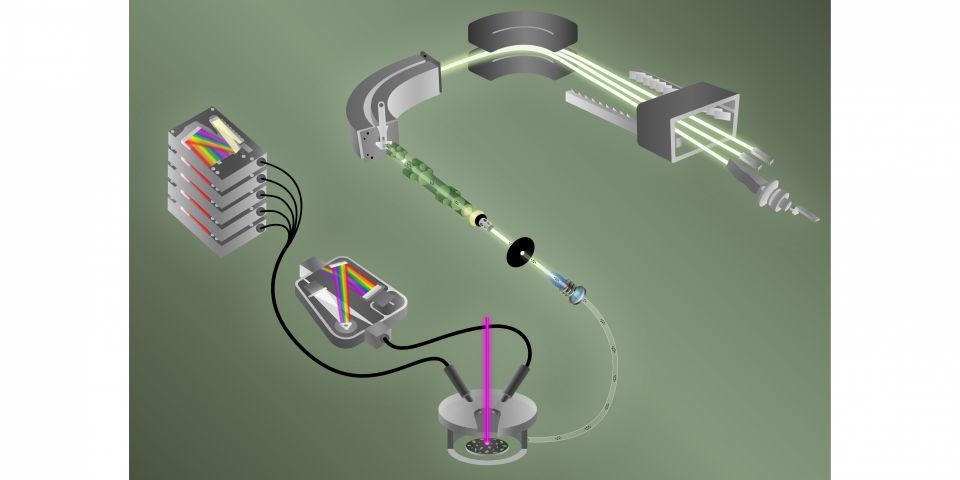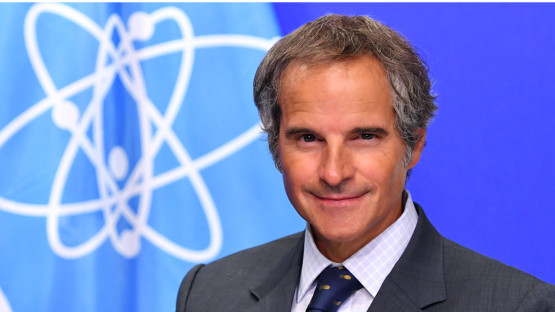Japan puts India in a pressure cooker
No deals for reactor components without
nonproliferation commitments
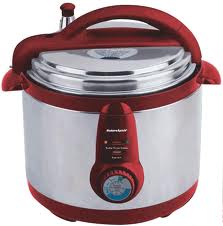 India's refusal to sign the nuclear nonproliferation treaty may delay, or even stop, delivery of massive reactor pressure vessels from Japan Steel Works (JSW). India has plans to build 20 GWe of new nuclear reactors in the next 10 years. Two, and perhaps six, of those reactors will come from Areva, which wants to order parts for them from Japan. These parts aren't just pumps and pipes. The components that are at the core of a potentially deal-breaking dispute are 400- to 600-ton reactor pressure vessels. A civil nuclear agreement between the two countries is the key to success for India's ambitions to build $150 billion of new nuclear powered generation capacity.
India's refusal to sign the nuclear nonproliferation treaty may delay, or even stop, delivery of massive reactor pressure vessels from Japan Steel Works (JSW). India has plans to build 20 GWe of new nuclear reactors in the next 10 years. Two, and perhaps six, of those reactors will come from Areva, which wants to order parts for them from Japan. These parts aren't just pumps and pipes. The components that are at the core of a potentially deal-breaking dispute are 400- to 600-ton reactor pressure vessels. A civil nuclear agreement between the two countries is the key to success for India's ambitions to build $150 billion of new nuclear powered generation capacity.
Before Japan will let JSW supply reactor components to India, it is demanding that India provide a guarantee that it will not conduct a nuclear test nor use its civilian nuclear reactors for military purposes. For its part, the Indian government sees having the option to test its nuclear arsenal as a deterrent to military threats from Pakistan, its arch enemy and neighbor, and to remind China, its massive neighbor to the north, to take India seriously in border disputes and Asian security matters.
Japan has made it clear that it wants India to ratify the Comprehensive Test Ban Treaty. Japanese diplomats have emphasized that an Indian nuclear weapon test would not only end the supply of new reactor components, it might also trigger a recall of any parts and fuel that have already been shipped for use in new reactors.
India does not have the ability to make its own pressure vessels and is at least five to 10 years away from being able to reliably manufacture them. A nuclear test would trigger draconian commercial consequences. Most significantly, India would lose access to global nuclear fuel markets that it only just restored in 2008 after a 30-year lockout.
Japan's other problem is that while it has domestic political reasons for pursuing a diplomatic initiative with India, it also has competition for India's nuclear business from South Korea. The government in Seoul is ready to sell reactor components to India regardless of whether it holds open the option to test a nuclear device.
Two Areva reactors to start, four more to come
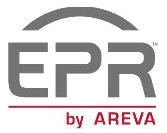 The most immediate need by India for Japanese reactor pressure vessels comes from deal for two Areva 1600-MW reactors to be built in Jaitapur. In early January, Luc Oursel, a top Areva executive, told the Times of India that Japan's demand for India to sign the test ban treaty is throwing a monkey wrench into the deal.
The most immediate need by India for Japanese reactor pressure vessels comes from deal for two Areva 1600-MW reactors to be built in Jaitapur. In early January, Luc Oursel, a top Areva executive, told the Times of India that Japan's demand for India to sign the test ban treaty is throwing a monkey wrench into the deal.
Oursel called for a "bilateral agreement" between India and Japan on the issue. He added that until that happens, the Jaitapur project is not a done deal. Whether India actually signs the treaty, which is unlikely, or provides some other guarantee, which is more likely, doesn't matter to Areva as long as the issues goes away. Weighing in the balance is an agreement to build four more Areva EPRs, each worth about $4 billion.
A secondary issue is that like the Russians and American reactor vendors, Areva is unhappy about India's domestic supplier liability law. Oursel told the Times of India that he wants to see adherence to international standards, a reference to an International Atomic Energy Agency convention on nuclear liability that has been signed by India, but not yet ratified by its fractious multi-party parliament.
Japan's short-term competitive edge
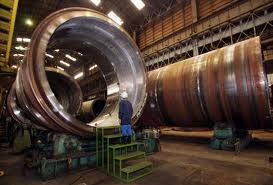 Japan's leading global role in the manufacture of reactor pressure vessels is temporary at best, despite a four-year backlog of orders. South Korea's Doosan Heavy Industries is ramping up to manufacture these types of reactor components to supply them as part of a contract to build four 1400-MW reactors in the United Arab Emirates.
Japan's leading global role in the manufacture of reactor pressure vessels is temporary at best, despite a four-year backlog of orders. South Korea's Doosan Heavy Industries is ramping up to manufacture these types of reactor components to supply them as part of a contract to build four 1400-MW reactors in the United Arab Emirates.
The Russians have long been capable of producing reactor pressure vessels. They will supply them for the 18 reactors they are planning to build for India. The first 12 will be 1000-MW VVER designs and the next six will be uprated to 1200 MW.
In the United Kingdom, Sheffield Forgemasters may get a government loan in 2011 that will support construction of a factory to make reactor pressure vessels for Westinghouse AP1000 reactors. Westinghouse is a potential investor in the new factory if the government provides the loan. In the future, Westinghouse could conceivably get the pressure vessels it needs for Indian plants from the U.K.
Among the major commercial nuclear powers, only the United States lacks the capability and/or plans to forge components for large pressure vessels. Paradoxically, U.S. firms may develop expertise in forging pressure vessels for small modular reactors, e.g., less than 300 MW, before they rebuild the capability to forge large ones, e.g., 1000 MW.
India's forge far in the future
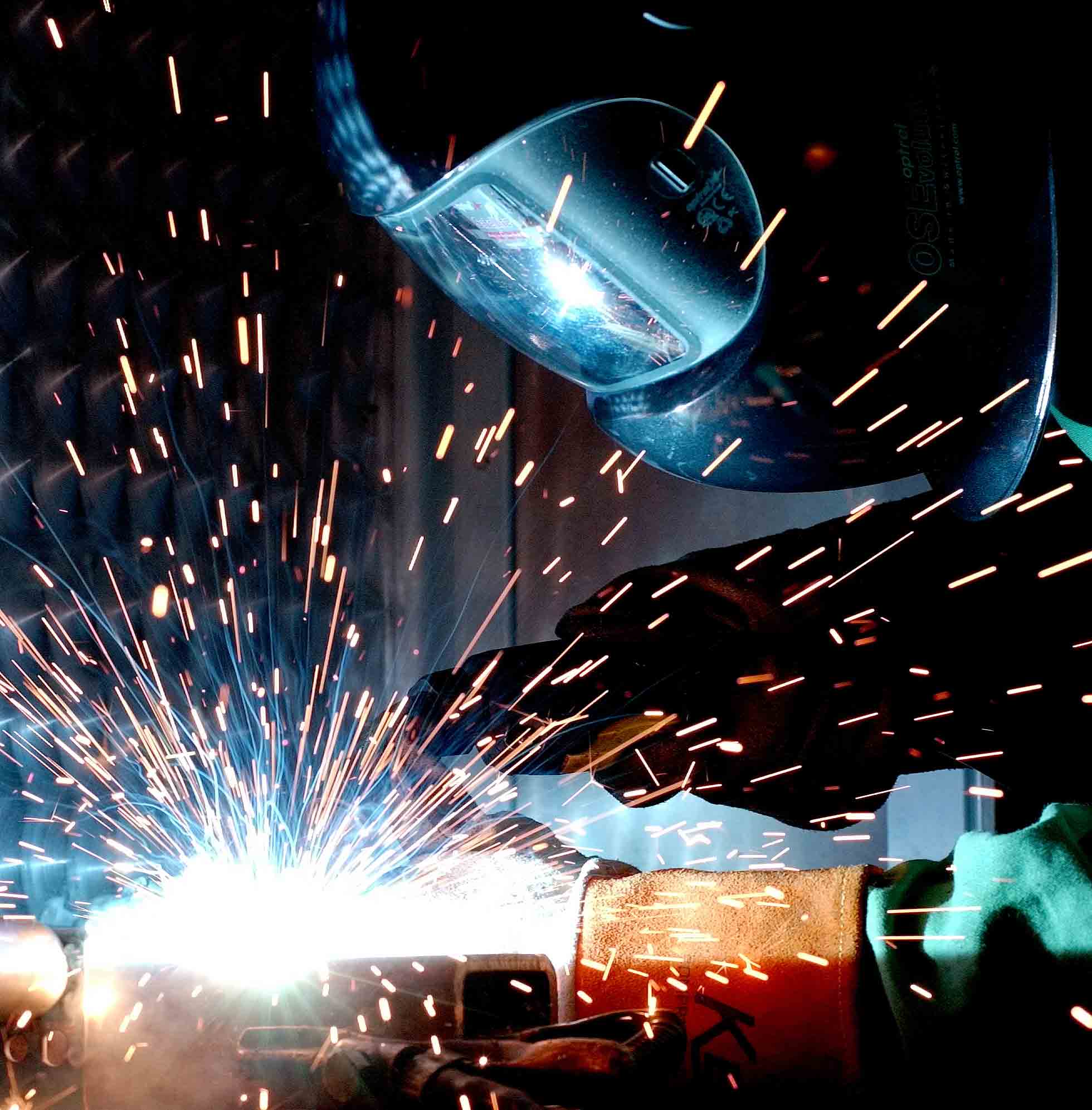 India's efforts to have its own large forge began last year as part of a joint development project between G.E.-Hitachi, Larsen-Toubro (L&T), and the Nuclear Power Corporation of India Ltd. They are building a reactor pressure vessel manufacturing facility in Gujarat that also will be the site of at least two GE-Hitachi ESBWR reactors if the liability law can be revised to meet American needs. L&T said in a statement in February 2010 that the plant will be able to produce ingots up to 600 tonnes, which would make it the largest in the world.
India's efforts to have its own large forge began last year as part of a joint development project between G.E.-Hitachi, Larsen-Toubro (L&T), and the Nuclear Power Corporation of India Ltd. They are building a reactor pressure vessel manufacturing facility in Gujarat that also will be the site of at least two GE-Hitachi ESBWR reactors if the liability law can be revised to meet American needs. L&T said in a statement in February 2010 that the plant will be able to produce ingots up to 600 tonnes, which would make it the largest in the world.
Building one of these types of factories takes time. It takes yet more time to become a reliable producer of more than one unit per year. It could take India the better part of a decade to attain that outcome.
Pressure on Japan's home front
Some of these developments are somewhat circular since the Japanese half of GE-Hitachi would be affected by any diplomatic agreement with India-or the lack of one. The United States has been pushing Japan since last June to sign a nuclear trade agreement with India because of G.E.'s involvement with Hitachi. Also, Japanese manufacturing giants Toshiba (which owns Westinghouse) and Mitsubishi want a deal with India because they feel that they will lose market share to South Korea if the diplomats drag their feet in coming to an agreement.
Japan has leverage for now with its grip on the global market for the giant reactor parts. Japan also has an edge when it comes to providing steam generators and other crucial components for India's planned new reactors.
Realists want to build nuclear plants
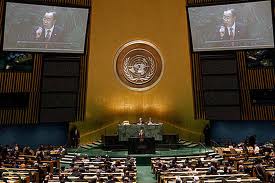 Japan may turn to the United States and France, asking them to help enforce a non-treaty agreement with India to forego any nuclear tests. It would most likely be based on a threat of revoking India's permission to buy nuclear fuel on global markets. India knows that a nuclear weapons test, for any reason, would undo the agreement it got in 2008 from the Nuclear Suppliers Group allowing it to buy fuel for its reactors for the first time in three decades.
Japan may turn to the United States and France, asking them to help enforce a non-treaty agreement with India to forego any nuclear tests. It would most likely be based on a threat of revoking India's permission to buy nuclear fuel on global markets. India knows that a nuclear weapons test, for any reason, would undo the agreement it got in 2008 from the Nuclear Suppliers Group allowing it to buy fuel for its reactors for the first time in three decades.
It comes down to a race in Japan to seal a diplomatic deal with India in time to open markets for its heavy manufacturing-capable firms before South Korea takes advantage of the gap. Otherwise, the diplomats may win a round, but at the cost of tens of thousands of Japanese jobs and billions in export earnings.
Realism may prevail in the end. Japan may find that accepting a promise, with teeth regarding India's supply chain, will be as good as a signature on an international treaty. India may find that accepting an agreement with Japan to uphold a unilateral moratorium on nuclear tests, without signing the test ban treaty, may get it the reactors, fuel, and components it wants from Japan, France, and the United States.
Update: 01/20/11: Defying non-proliferation hawks, a Japanese envoy indicated that negotiations for concluding a civil nuclear deal with India are on track and can be wrapped sooner rather than later. Sify News, India
____________________
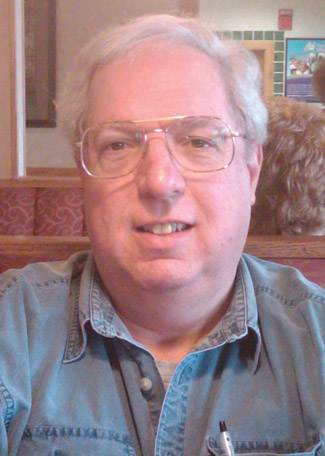
Yurman
Dan Yurman publishes Idaho Samizdat, a blog on nuclear energy. He is a contributing reporter for Fuel Cycle Week and a frequent contributor to ANS Nuclear Cafe.

